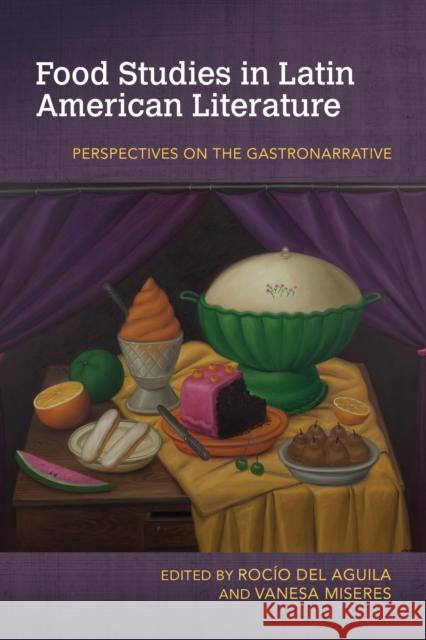Food Studies in Latin American Literature: Perspectives on the Gastronarrative » książka
topmenu
Food Studies in Latin American Literature: Perspectives on the Gastronarrative
ISBN-13: 9781682261811 / Angielski / Miękka / 2021 / 247 str.
Food Studies in Latin American Literature: Perspectives on the Gastronarrative
ISBN-13: 9781682261811 / Angielski / Miękka / 2021 / 247 str.
cena 102,39 zł
(netto: 97,51 VAT: 5%)
Najniższa cena z 30 dni: 96,51 zł
(netto: 97,51 VAT: 5%)
Najniższa cena z 30 dni: 96,51 zł
Termin realizacji zamówienia:
ok. 30 dni roboczych
Bez gwarancji dostawy przed świętami
ok. 30 dni roboczych
Bez gwarancji dostawy przed świętami
Darmowa dostawa!
Kategorie:
Kategorie BISAC:
Wydawca:
University of Arkansas Press
Seria wydawnicza:
Język:
Angielski
ISBN-13:
9781682261811
Rok wydania:
2021
Numer serii:
000780723
Ilość stron:
247
Waga:
0.43 kg
Wymiary:
22.86 x 14.99 x 2.03
Oprawa:
Miękka
Wolumenów:
01
Dodatkowe informacje:
Bibliografia
Wydanie ilustrowane
Wydanie ilustrowane











